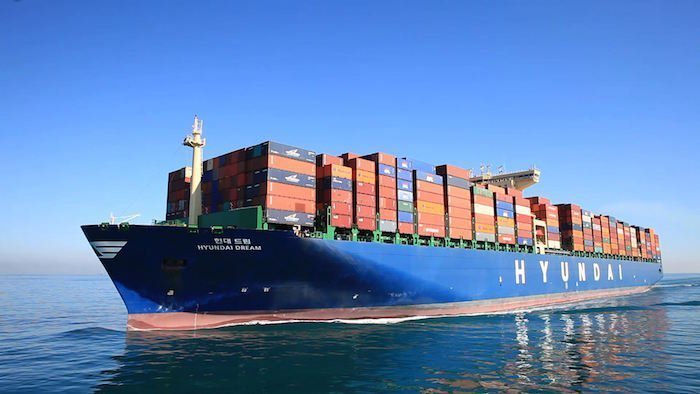Hyundai Merchant Marine a step closer to entering court receivership

Hyundai Merchant Marine (HMM) has moved a step closer to entering court receivership, and in the process will have made senior management at compatriot line Hanjin Shipping more nervous.
HMM said yesterday it had failed to get all owners to agree to reduce fees by an average of 28% on its chartered in fleet, a key first step its creditors had demanded. Failure to get this done, creditors had warned, could see the line, struggling with debts of more than $5bn, enter court receivership. HMM has said it is still trying to get its business partners to cut their charter rates.
“We have to see whether (HMM) will go to court receivership,” finance minister Yoo Il-ho told reporters today. “The talks are still going on, but there is no change in our stance.”
Hanjin Shipping, which entered restructuring two and a half months after HMM, has been told it must follw suit and gets its costs down regarding its own chartered in fleet or else face court receivership. Hanjin will have followed HMM’s news today with worry, a number of its most important charter owners have already publically stated they will not cut their fees.

It looks as though the foreign owners are not as interested in subsidizing Korean chaebols as the Korean government and banks are. Granted, the banks, politicians and owners are connected and related. They say only 30% of family businesses survive into the second generation, 12% are viable into the third, and only 3% of family businesses operate into the fourth generation. As Korea and Asia continue to evolve, we shall see how the chaebol family system fares. What’s more important, strong management or big subsidies.